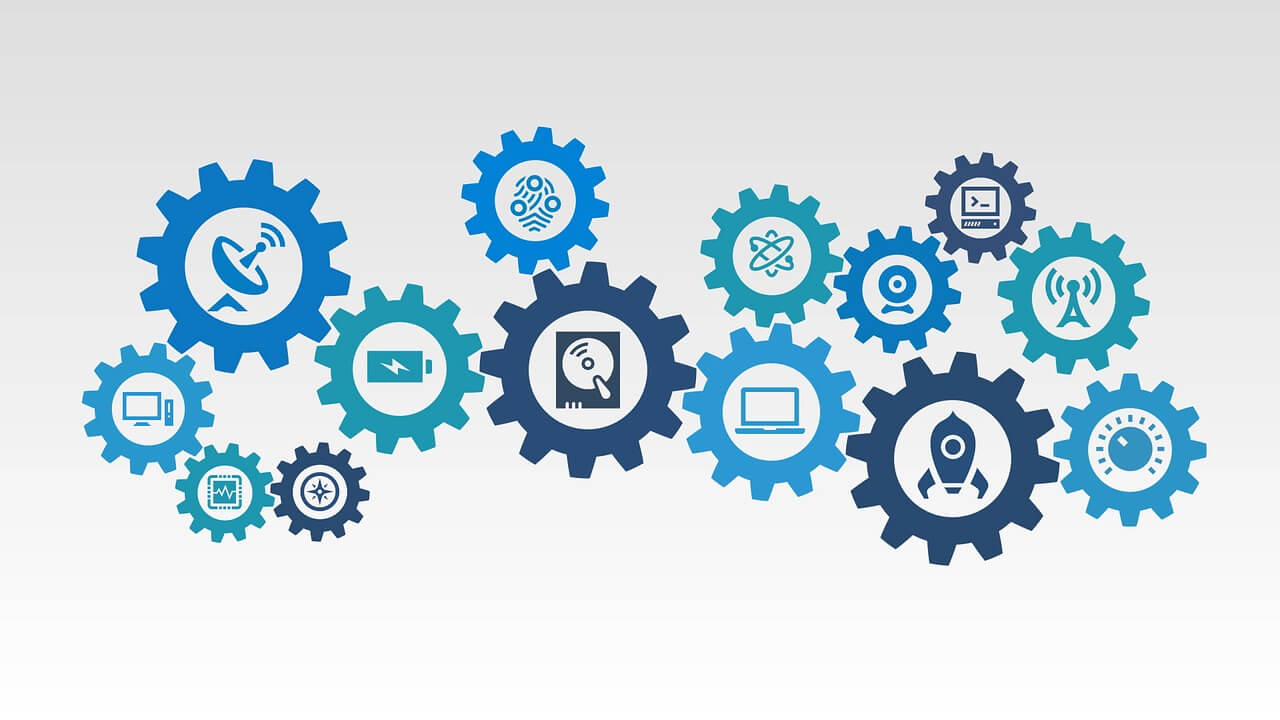In the 21st century, the world is becoming a globally connected place. This means that people are no longer isolated in their home country—they can now communicate with people across the globe. Technology has helped in this regard by giving us mobile phones and internet access everywhere. Technology has also incorporated heavily into everyday life, from our cars to our kitchens and beyond. As such, it’s important to understand how technology will continue to evolve in the future. Keep on reading to learn more about how the role of technology will change going forward in the 21st century, as well as its significance today.
Technology and the Workplace of the 21st Century
The workplace is a place where people can put their skills to the test and see what they’re capable of. It’s also a setting where people can interact with and learn from their colleagues. As such, it’s likely one of the most significant areas for innovation in the 21st century. In the workplace, new technologies can help improve productivity. For example, AI can help automate certain tasks, while AR can help people find information more easily. Blockchain technology is also expected to see increased use in the workplace, allowing workers to be compensated more securely. With the workplace also growing more digital, new technologies such as VR can help people see their workplace as if they were in the actual space.
Collaboration and Communication Between People
One of the major ways that technology has influenced the world is by making communication between people easier. With technology helping to bridge the gap between cultures, people can now better understand one another. This can also help slow down the growing cultural divide between people, as people can now learn about different cultures and be less bias. While the advent of technology has made communication between people easier, it’s still important to put more effort into this. In today’s age, communication doesn’t automatically mean talking to a person. Instead, communication can now mean writing a text or a Facebook post, as well as speaking to customers over the phone.
Augmented and Virtual Reality
AR and VR have become two of the most significant areas of impact for technology in the 21st century. AR is seeing growing use in the workplace, while VR is being used in many other settings, such as healthcare and education. AR is also expected to become more popular in the workplace, as it allows people to see their work environment as if they were in the actual space. This can help improve productivity, as people can now see what they need to see in their workspace. It can also help people avoid certain tasks, such as filing, as they can instead use a computer vision system to see where things are located. VR, meanwhile, is seeing even more use in the coming years. VR can help train people and simulate real-world settings to help people understand them better. It can also be used in healthcare to help people understand their ailment better, as well as in education to help people learn about new topics more easily.
AI-Driven Automation and Robotics
AI has become an important part of technology in the 21st century, powering many new technologies. This includes automation, which uses AI to help automate certain tasks. This can help people save time, as they don’t have to manually perform certain tasks. Robotics is also expected to become more popular in the coming years. Robots are expected to become more lifelike and human-like, while humans can also interact with robots in more natural ways. This can help improve the reliability of robots, as well as expand their usage beyond a strict industrial setting. Automation can help change the way we live. For example, autonomous cars have the potential to change the way people travel and the way cities are designed. Autonomous homes can change the way we live, allowing people to spend less time managing their homes and more time with their families.
The Importance of Data in the Future
The importance of data will only increase in the future, as it has a significant role in powering many new technologies. This includes AR and VR, as these technologies are driven by data. Data can also be used to power artificial intelligence, as well as help with autonomous driving. Another area where data can play a significant role going forward is in healthcare. With the healthcare industry becoming more data-driven, the importance of data in this field is only expected to increase.
Also Read: What hyper-automation is and how businesses might benefit from it
Summary
Technology has become an important part of modern life. It’s enabled people to communicate with people across the globe, while also helping them work more productively. AR and VR have become two of the most significant areas for innovation in the 21st century, while AI has become an important part of technology. AI can help automate tasks, including automation in the workplace, while also powering many new technologies such as autonomous driving. The importance of data will only increase in the future, as it has a significant role in powering these technologies.










